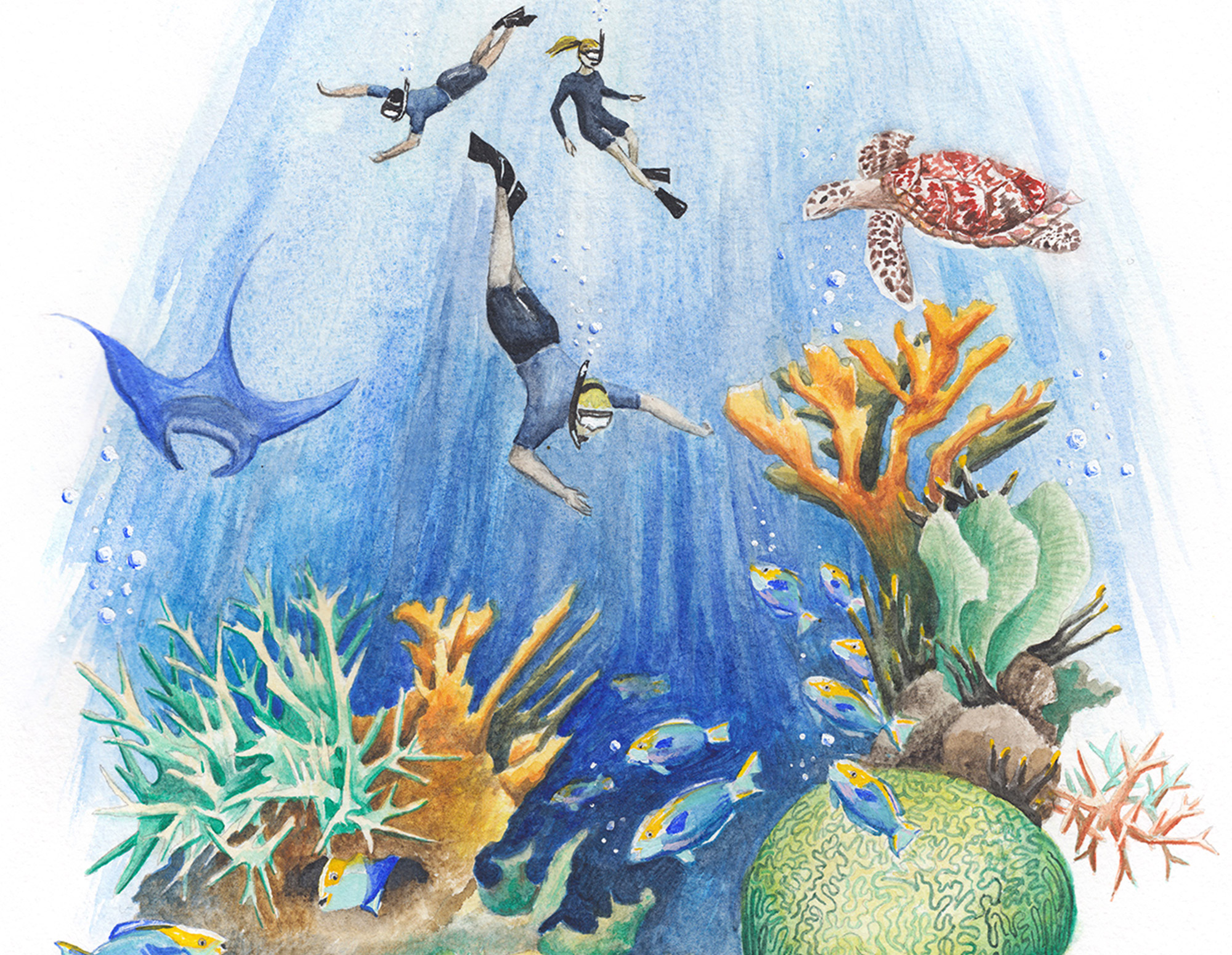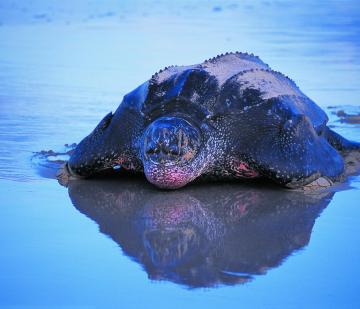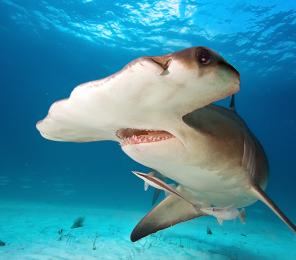Ocean Ecosystems
Life Below Water
Oceans cover 71 percent of the earth’s surface area and produce some of humanity’s most important resources. They play a key role in regulating many of the earth’s systems, including climate, and yet they are among the ecosystems most sensitive and vulnerable to global change. Centuries of human exploitation and pollution have degraded marine environments, and climate change is exacerbating these impacts. Our once seemingly limitless marine resources are now at risk.
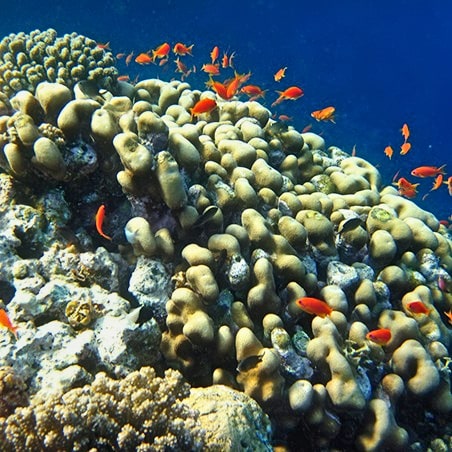
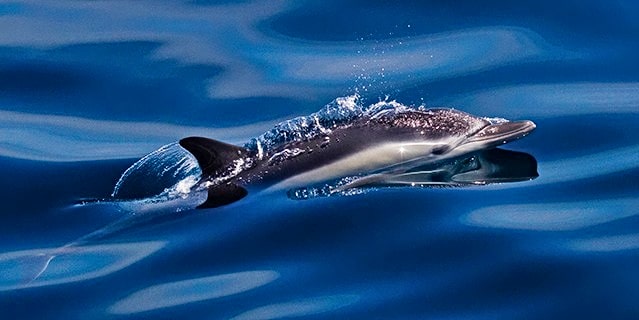
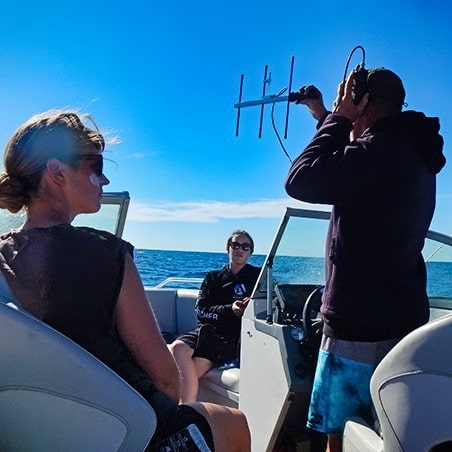
Our Approach
Earthwatch’s ocean ecosystems programs take direct action to conserve biodiversity in marine ecosystems, including open oceans, seas, coral reefs, seagrass beds, kelp forests, and coastal areas, including estuaries, mangrove forests, and saltwater marshes. Our projects bring together scientists, citizen science volunteers, and members of local communities who rely upon marine resources. Our programs align with and contribute to the UN Sustainable Development Goals (SDGs)—specifically SDG 14 (Life Below Water) and associated targets and indicators, as well as helping to improve human livelihoods and supporting scientists in emerging nations.

Our Research Priorities

Safeguard Critical Habitats
In Costa Rica, data collected by Earthwatch volunteers on the expedition Conserving Marine Mammals in Costa Rica, led by Dr. Lenin Oviedo, helped to convince the government to restrict heavy maritime traffic in Golfo Dulce in an effort to protect a humpback whale calving ground as well as a critical habitat for spotted and bottlenose dolphins. These data also informed the decision to create a marine sanctuary for critically endangered hammerhead sharks.

Conserve Biodiversity
In The Bahamas, Earthwatch scientist Annabelle Brooks, supported by teams of volunteers, is assessing the spatial dynamics of endangered green and hawksbill sea turtles, as well as collecting critical data on fibropapilloma (FP) disease that is significantly impacting sea turtle populations. These data, collected by Earthwatch teams on the expedition Tracking Sea Turtles in the Bahamas, are informing efforts to conserve these species.

Promote Sustainable Livelihoods
For nearly a decade, Dr. Demian Chapman has been studying and protecting shark and ray populations in Belize alongside teams of Earthwatch volunteers on the expedition Shark Conservation in Belize. As part of this project, Demian and his field staff began directly collaborating with shark fishermen, employing them to track sharks instead of land them. By providing an alternative livelihood for shark fishers, this partnership has helped to save thousands of sharks each year.
Without Earthwatch and the assistance of the many volunteers, we would have never amassed 28 years of continuous demographic data on leatherbacks and convinced the Costa Rica government to protect this beach, create this park, and reject the development permits for lands adjacent to the park.
Dr. Frank Paladino — Costa Rican Sea Turtles
Turn the Tide for Coral Reefs
YOUR SUPPORT MATTERS
Earthwatch depends on donations—above and beyond what we raise from volunteers who participate in our expeditions—to deliver our global conservation mission. In fact, volunteer contributions provide only half of the total resources Earthwatch needs to sustain over 20 global field research expeditions, a wide variety of educational programs, corporate sustainability trainings, and more each year.
Experience hands-on science in some of the world's most astounding locations. Meet a community of eco-conscious travelers and return home with stories filled with adventure.
